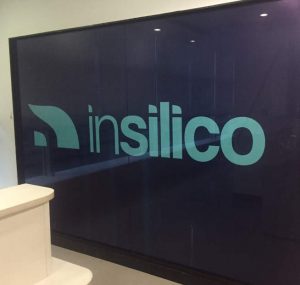New York City-based pharmaceutical giant Pfizer has announced it’s teaming up with AI biotech firm, Insilico Medicine. Insilico CEO, Alex Zhavoronkov says the partnership will bring about “one of the most advanced AI teams internally both in target identification and chemistry.”
Under the agreement, Pfizer will use Insilico’s application of machine learning to drug research and development and the company’s idiosyncratic techniques and propriety Pandomics Discovery Platform which are believed to be useful in the rapid discovery of new drugs.
“We will use our generative biology platform to attempt the discovery of new previously invisible biological targets implicated in specific diseases,” says Zhavoronkov. Since 2016, Insilico has developed advanced methods to instruct AI to “imagine” molecules with particular properties. “But in parallel, we did a lot of experiments applying the same methods to generate synthetic biological data training AI to generate novel biology,” he says. “Now we use this technique alongside predictive omics analysis, advanced bioinformatics, and deep text mining to attempt the discovery of novel targets in a variety of human diseases,” he adds.
Though when it comes to generative biology, the company has stayed tight-lipped, declining to publish any findings.
This deal has multiple benefits for both parties involved. Pharmaceutical companies often spend upwards of $2.6 billion in testing and running trials of new prescription drugs. For Pfizer, Insilico's sped up AI-powered drug discovery system could help the pharma giant cut down drug development costs. Meanwhile, Insilico looks to gain widespread visibility, access to more resources and potentially added investment from Pfizer which would fuel the company's growth.
As for the rest of the industry, this could add legitimacy to AI startups and their role in drug discovery as well as inspiring similar partnerships in the future.
Headquartered in Hong Kong, Insilico has raised more than $52 million and applied for more than 20 patents since its beginnings in 2014. It also lists more than 150 collaborators in academia as well as across the industry. At the beginning of the year, the company announced a partnership with a German-based firm, Beiersdorf where the two firms plan to identify bioactive components for an undisclosed skin condition.























